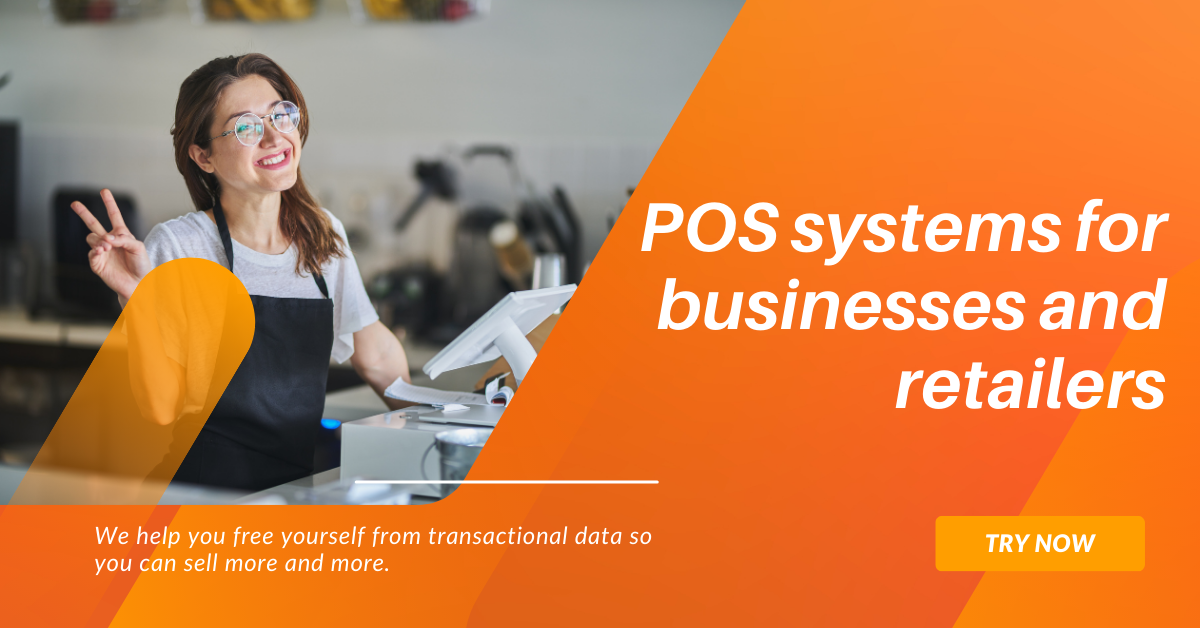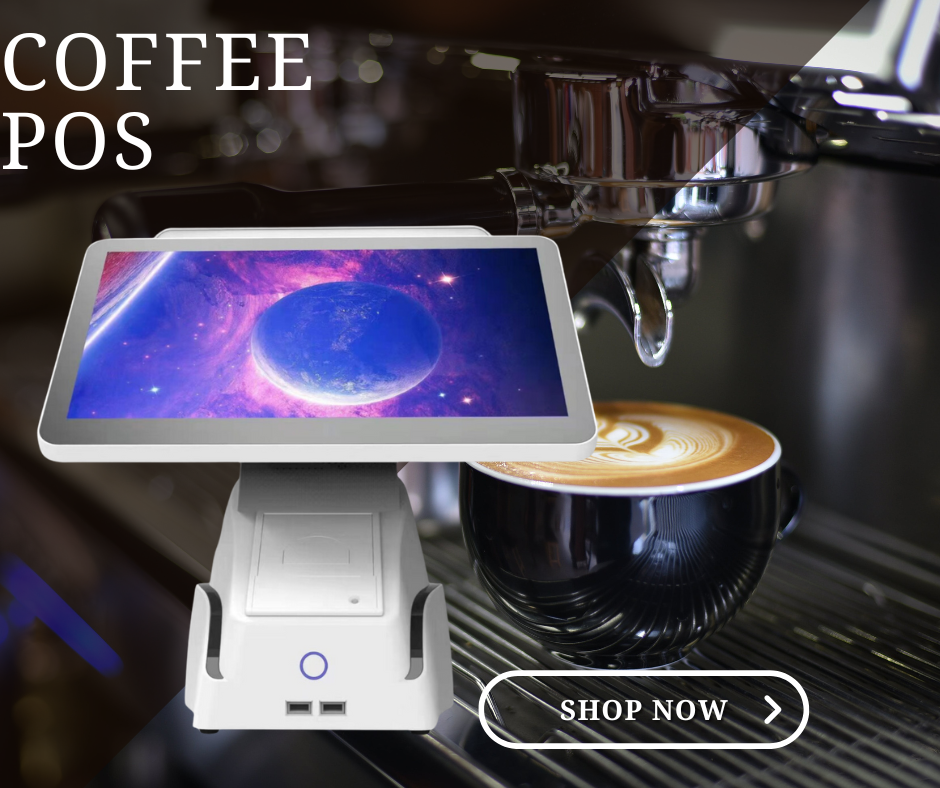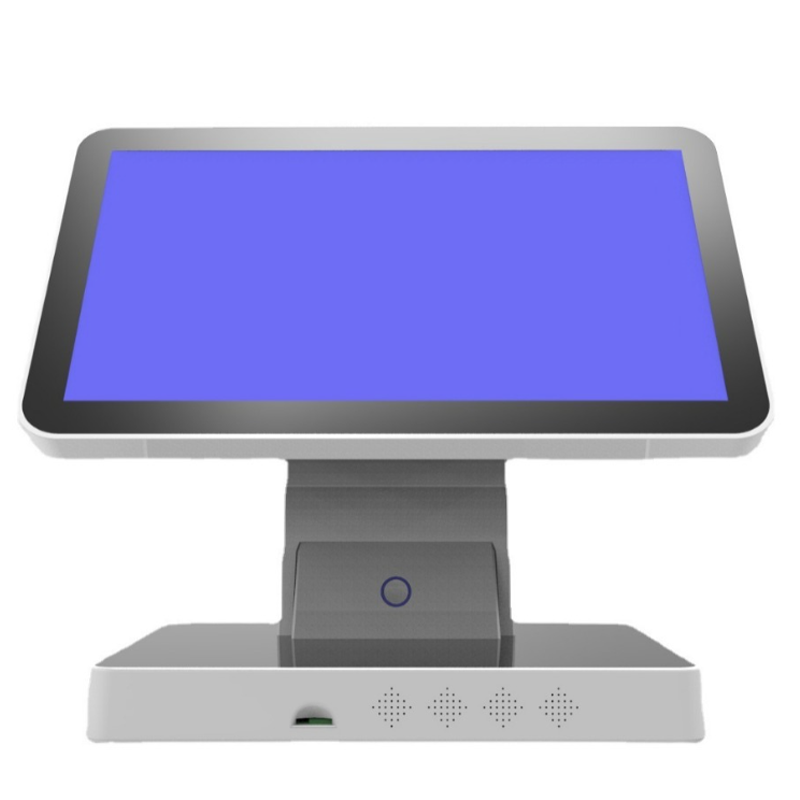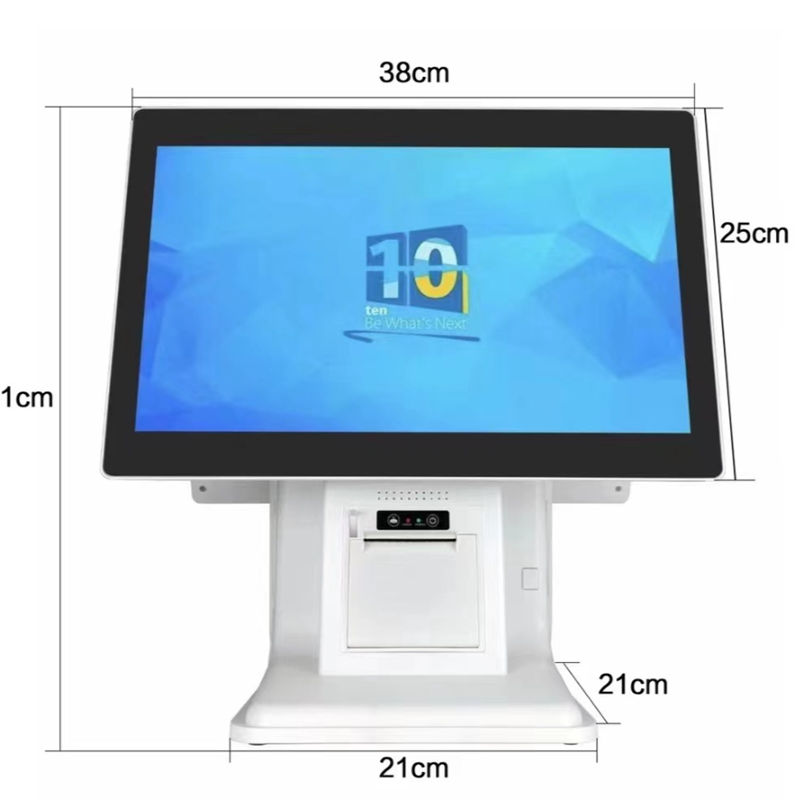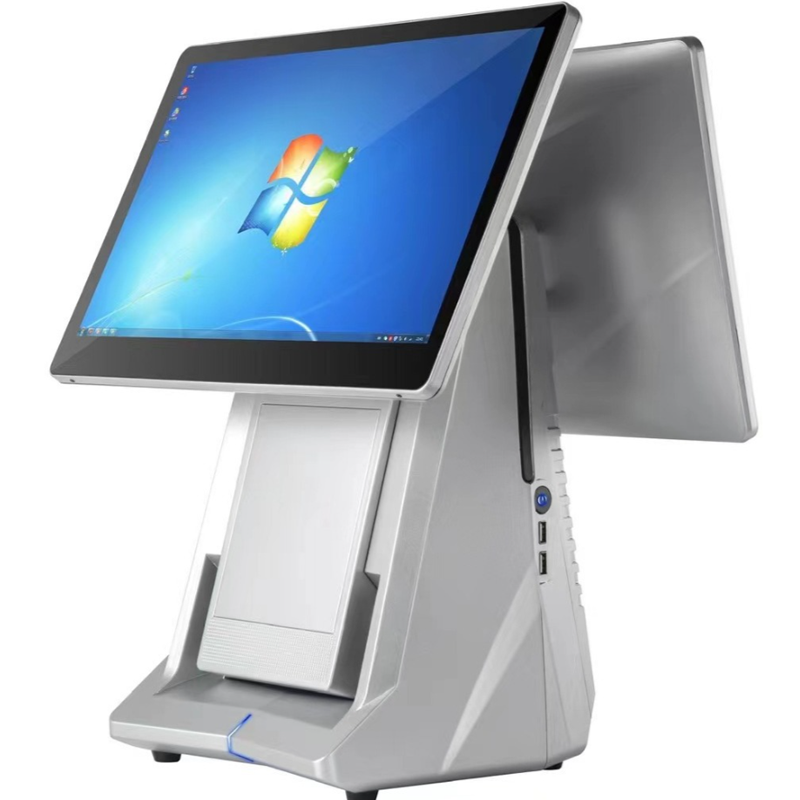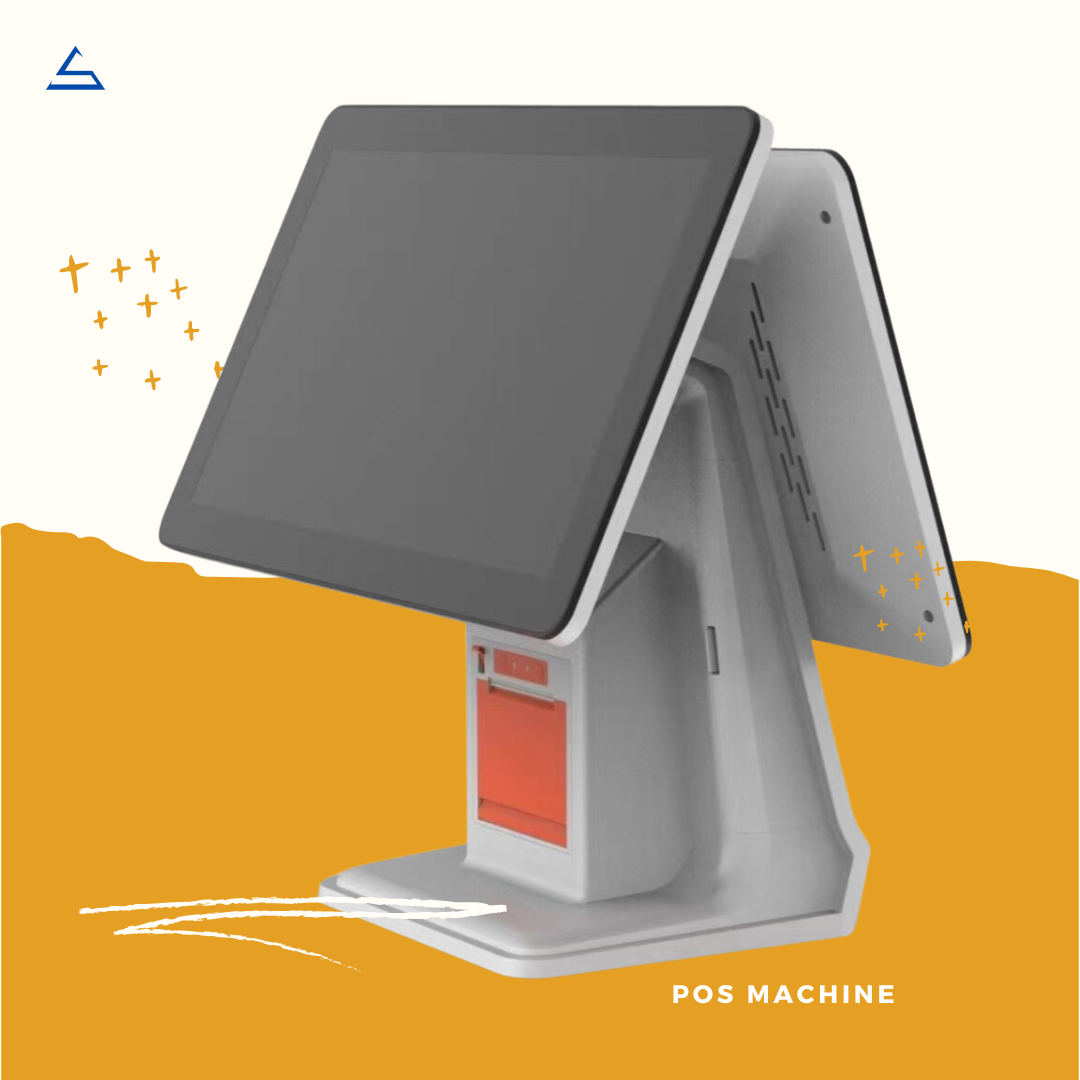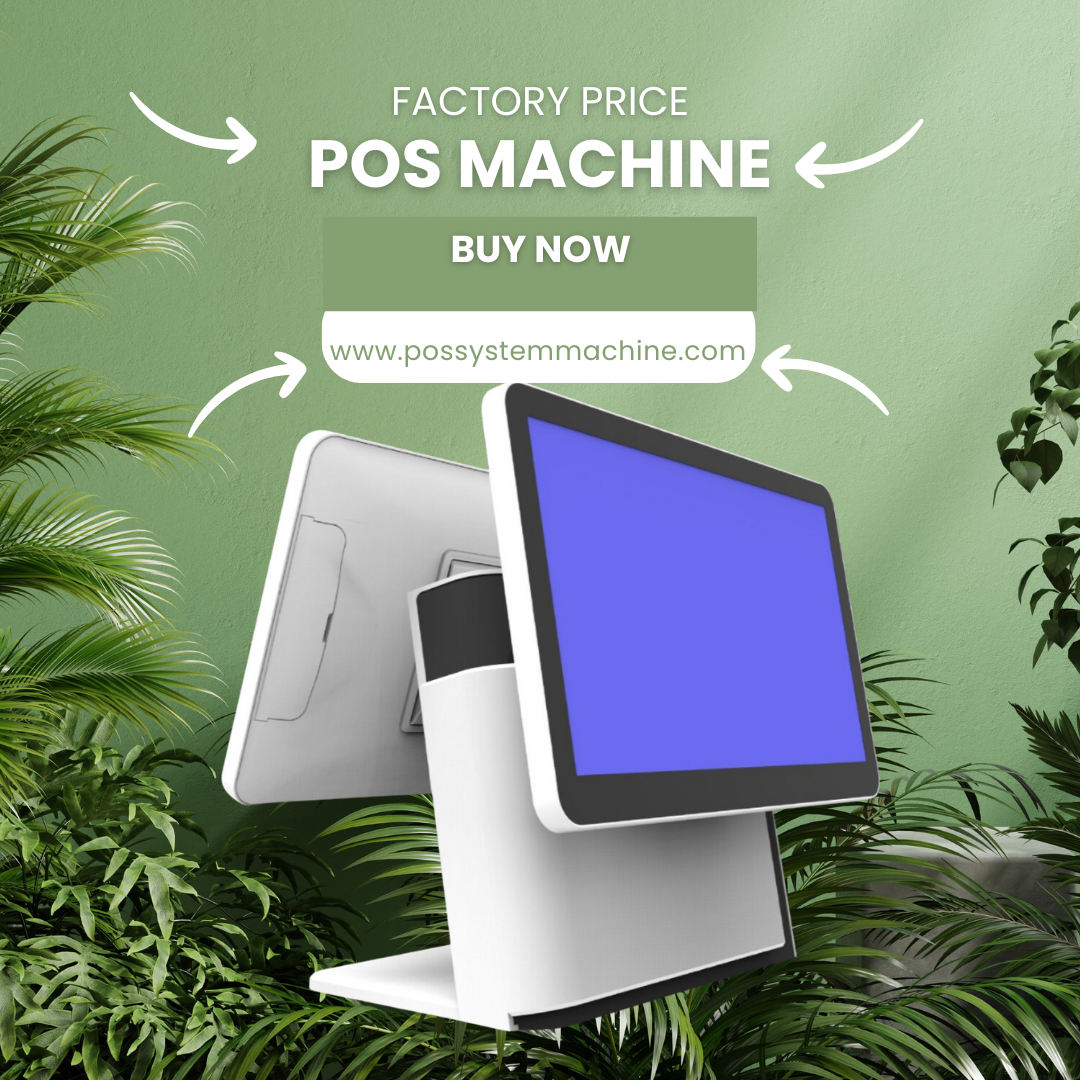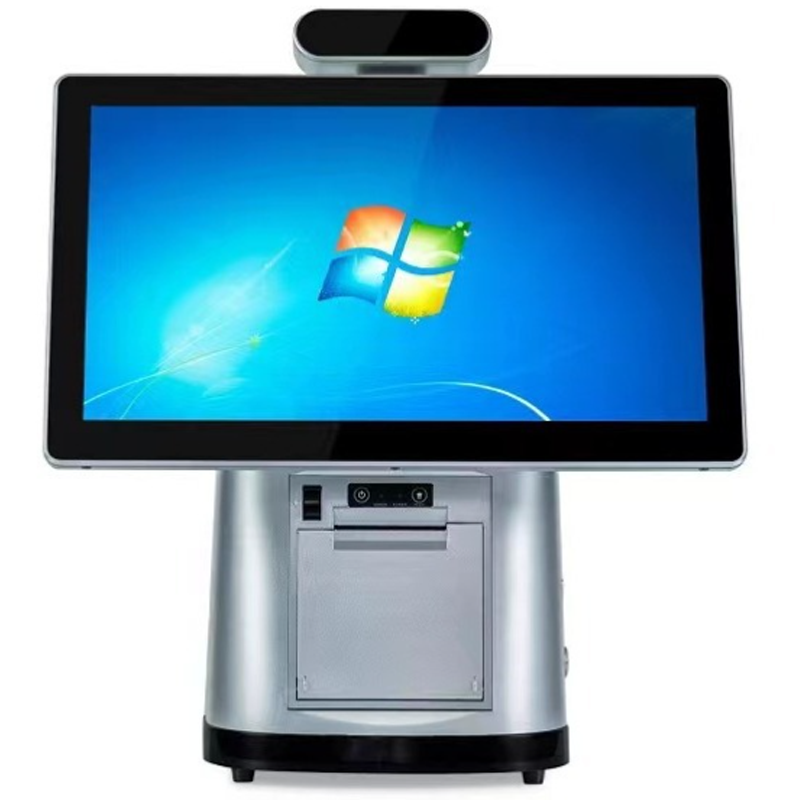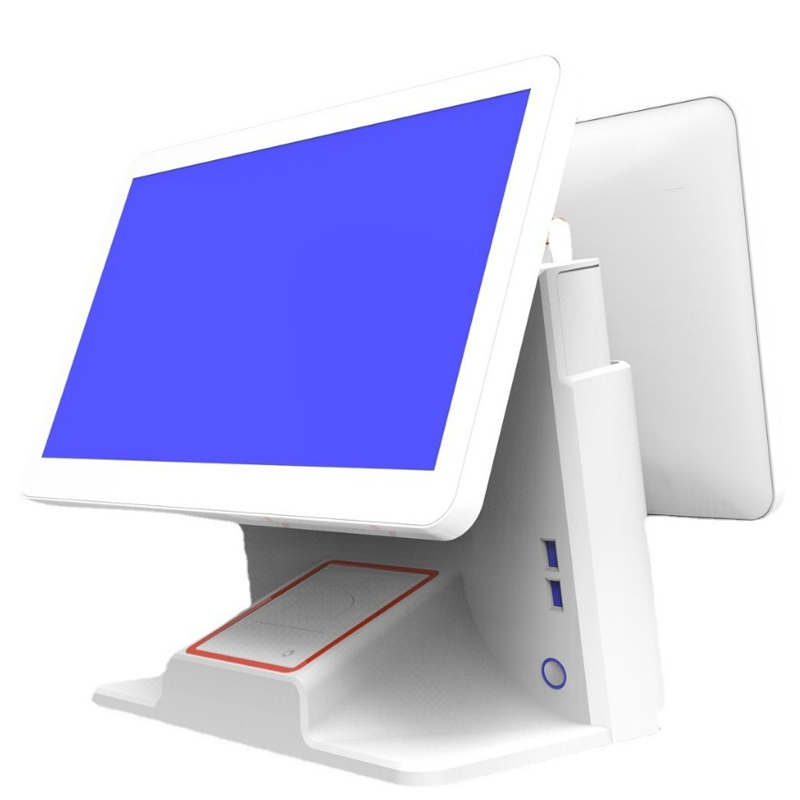What is a Cash Register?
Table of Contents
Summary
A cash register is a mechanical or electronic device designed to streamline sales transactions in businesses such as restaurants and retail stores. While its primary function is to calculate the total sales amount and store cash, modern versions often come equipped with additional features like credit card terminals and barcode scanners. A typical cash register consists of a display showing the total due, and a cash drawer to securely store money.
The process is straightforward: the cashier inputs the sales data, the cash register computes the total, presents it to the customer, and opens the drawer to store the cash or dispense change. For businesses that don’t require complex systems, cash registers offer a reliable and practical solution for transaction management.
Key Advantages of a Cash Register
1. Affordability
Cash registers are a cost-effective solution, making them an excellent choice for small businesses on a tight budget. With fewer features compared to advanced systems, they provide an affordable entry point into business automation.
2. Ease of Use
Operating a cash register requires minimal technical expertise. Employees with limited tech experience can be easily trained, reducing the need for extensive onboarding processes.
3. Durability
Built for longevity, cash registers are robust devices designed to withstand daily use over extended periods. Regular maintenance ensures they stay functional for years, minimizing downtime and repair costs.
4. Fewer Technical Issues
With fewer components, cash registers are less prone to technical problems compared to modern POS systems. This reliability can be critical for businesses that prefer simple, consistent operations.
Limitations of Cash Registers
Despite their benefits, cash registers have notable drawbacks that businesses should consider:
1. Limited Features
While efficient for basic transactions, cash registers lack advanced functionalities such as inventory management or sales tracking, which are common in POS systems. As a result, businesses relying solely on cash registers may struggle with real-time inventory and sales analysis.
2. Inaccurate Record Keeping
Cash registers often rely on manual data entry, which increases the likelihood of errors. This limitation can hinder long-term sales tracking and financial reporting, particularly for businesses with high transaction volumes.
3. Restricted Payment Options
Cash registers generally support cash and credit card transactions but may not accommodate modern payment methods like mobile payments or online processing. This limits flexibility in a world increasingly embracing digital transactions.
| Feature | Cash Register | POS System |
| Cost | Low | High |
| Ease of Use | Simple | Moderate |
| Functionality | Basic (sales transactions only) | Comprehensive (inventory, analytics, etc.) |
| Payment Options | Cash, credit cards | Multiple (cards, mobile payments, QR codes) |
| Record Keeping | Manual | Automated, real-time |
| Durability | High | Dependent on hardware |
| Technical Issues | Rare | Possible (software/hardware glitches) |
Understanding POS Systems
A POS (Point of Sale) system is a computerized solution that does much more than simply process transactions. It integrates various aspects of business operations, including sales, inventory management, and customer relationship management (CRM). POS systems typically consist of hardware components (such as computers or tablets) combined with specialized software that allows for efficient business management.
For instance, systems like CAKE POS are designed for the hospitality industry, offering cloud-based capabilities that enable businesses to manage operations from anywhere. As businesses increasingly seek more advanced solutions, the POS system market is projected to grow rapidly.
Benefits of a POS System
1. Increased Efficiency
A POS system processes sales swiftly and accurately, reducing customer wait times and enhancing the overall shopping experience. In a restaurant, mobile POS systems enable staff to take orders directly at the table, improving service speed and accuracy.
2. Accurate Record Keeping
Automated record-keeping ensures that sales data is stored and analyzed in real-time. This allows businesses to identify trends, track performance, and generate detailed reports without manual intervention.
3. Advanced Inventory Management
Many POS systems come equipped with inventory management tools that monitor stock levels, alert businesses when inventory is low, and even automate reordering processes. The ability to track every item in real-time helps optimize supply chains.
4. Multiple Payment Options
Modern POS systems support a variety of payment methods, including cash, credit cards, mobile payments, and even QR codes. This flexibility is essential for catering to diverse customer preferences, particularly in the current digital age.
5. Integration with Other Software
A POS system can easily integrate with CRM systems and other business software, allowing businesses to streamline operations and obtain a holistic view of their performance. This integration enables seamless data sharing across platforms for improved efficiency.
Limitations of a POS System
While POS systems offer advanced functionality, they also have certain drawbacks:
1. Higher Cost
Compared to cash registers, POS systems involve significant upfront costs, including hardware, software, and potential monthly service fees. Businesses with a tight budget may find these costs prohibitive.
2. Technical Issues
Because POS systems rely on software, they are prone to technical glitches, which can disrupt operations. Connectivity issues or software bugs can lead to delays, making a reliable support system essential.
3. Complex Setup
POS systems require installation, configuration, and staff training, making them more complex to implement than cash registers. For businesses with limited technical expertise, this can present a challenge.
Factors to Consider When Choosing Between Cash Registers and POS Systems
1. Business Size
Small businesses with basic transaction needs may find cash registers sufficient. Larger businesses with higher transaction volumes or more complex inventory requirements may benefit from the advanced features of a POS system.
2. Budget
Businesses on a tight budget may favor cash registers due to their affordability. However, a POS system can offer a better long-term return on investment by improving efficiency and reducing errors.
3. Business Complexity
A POS system is well-suited for businesses with multiple locations, large inventories, or complex pricing structures, while cash registers are ideal for smaller, less complex operations.
4. Advanced Features
If your business requires features like detailed sales analytics or multiple payment methods, a POS system is a better choice. On the other hand, if your priority is simplicity and cost, a cash register may suffice.
5. Staff Expertise
Consider the technical skills of your employees. A POS system will require more training, whereas a cash register can be used with minimal instruction.
FAQs
1. What security advantages does a POS system have over a cash register? POS systems typically include encryption and tokenization for secure payment processing, reducing the risk of data breaches. Cash registers generally do not offer such advanced security features.
2. How difficult is it to switch from a cash register to a POS system? Transitioning to a POS system requires time for setup, configuration, and employee training. However, the long-term benefits, including streamlined operations and enhanced security, can outweigh the initial investment.
3. Are cash registers still relevant in today’s digital landscape? Yes, for businesses with simple transaction needs, cash registers remain a cost-effective and reliable option. However, businesses looking to embrace digital transformation may find that a POS system offers better scalability and functionality.
Tags
Product
Blog
Contact Us
Related Products
Frequently asked questions about wood box manufacutring

